Enterprises and developers are increasingly preferringHighly customizable content management system (CMSDrupal and WordPress are two major open source CMSs that offer varying degrees of extensibility and development capabilities to meet unique business processes, data structures, and user experience needs. Your project requires a lot of custom development, module integration, permission logic, or structured content modeling., which platform is the more appropriate choice?
![Image[1]-Drupal vs WordPress: which CMS is better for custom development needs? A Comprehensive Comparison Guide](http://gqxi.cn/wp-content/uploads/2025/07/20250701164755579-image.png)
I. The development concepts of the two platforms are fundamentally different
| characterization | WordPress | Drupal |
|---|---|---|
| original intention | Blogs and Small Sites Rapid Site Building | Enterprise Content Platforms and Complex Systems |
| architectural design | Content-oriented publishing | Content-oriented modeling and business logic |
| Customized Logic | Plugin-based, weak logic abstraction | Modular + Entity + Hook system, highly programmable |
WordPress focuses on ease of use and visual editing for rapid development and deployment, while Drupal is more of a developer platform, emphasizing flexible content architecture, scalability and security controls.
II. Customizing content structure and field control: Drupal wins!
WordPress The customization features of the
- Support for customizing article types (Custom Post Types)
- Custom fields rely on plugins such as ACF (Advanced Custom Fields)
- Limited support for customized taxonomies
![Image [2]-Drupal vs WordPress: Which CMS is better for custom development needs? A Comprehensive Comparison Guide](http://gqxi.cn/wp-content/uploads/2025/07/20250701165109234-image.png)
The Native Advantage of Drupal
- Entity-Field Architecture: content can be fully structured
- Unlimited field types supported per content type (text, date, entity reference, media, JSON, etc.)
- Powerful data query and visualization with Views module
- Works with Layout Builder to build pages similar to Elementor, but with more logic.
reach a verdict: If the project requires a complex content structure (e.g., a course system, medical records, a voting system), Drupal is a better choice.
Third, custom modules and plug-in development comparison
WordPress:
- Plugin ecosystem is mature, but quality varies
- Simple plugin development, more front-end oriented
- Extension of the Hooks (actions and filters) system support base
Drupal:
- Complex but flexible modular system design
- Support for service-oriented programming (OOP + Symfony (Architecture)
- Station-wide integrated hookup system (Hooks,Events,Services,Form API)
summarize: If your project involves a high degree of logical customization and modular functionality, Drupal provides stronger underlying architectural support and development specifications.
![Image [3] - Drupal vs WordPress: which CMS is better for custom development needs? A Comprehensive Comparison Guide](http://gqxi.cn/wp-content/uploads/2025/07/20250701194340853-image.png)
IV. Customization capabilities for permissions and workflow control
WordPress:
- Limited default permission model
- Relying on third-party plug-ins (such as Members,User Role Editor) for expansion
- No native multi-level audit workflow functionality
![Image [4] - Drupal vs WordPress: which CMS is better for custom development needs? A Comprehensive Comparison Guide](http://gqxi.cn/wp-content/uploads/2025/07/20250701194417586-image.png)
Drupal:
- Native support for role and permission granularity
- Supports field-level access control, content type-level permissions
- Modularized workflow system (
Content Moderation ,Workflow )
reach a verdict: If you need to build a multi-role, multi-department, permission-driven content publishing system, Drupal is clearly a better fit.
V. API and system integration capabilities
| sports event | WordPress | Drupal |
|---|---|---|
| RESTful API | Requires enabling the REST plugin or using the WP REST API | Core Support JSON:API, REST, GraphQL |
| Backend as Headless | Supported but limited expansion | Widely used in Decoupled CMS scenarios |
| Third-party systems integration | Plugins abound, but with a focus on general-purpose functionality | Support complex business logic and system data synchronization |
Drupal is commonly used forHeadless CMS, microservices architecture, government agency portals, education platformsin complex systems integration projects such as its API More capable and flexible.
VI. Comparison of development and deployment experience
| comparison term | WordPress | Drupal |
|---|---|---|
| learning curve | Smooth and easy for beginners | Steep and requires specialized development experience |
| version control | Plugin updates are not easy to track | Support for configuration management systems (Config Management) |
| Multi-language support | Requires plug-ins such as WPML or Polylang | Native support for multiple languages, translation permissions, language switching, etc. |
| CI/CD Deployment Support | Ideal for light site deployments | Automated deployment processes better suited to larger projects |
If your project is DevOps-friendly, multi-person collaborative, and based on a Gitflow or CI/CD pipeline, Drupal's architecture more naturally supports a modern development process.
VII. Scenario Comparison Recommendations
| take | Recommended Platforms | rationale |
|---|---|---|
| Enterprise official website (simple display) | WordPress | Fast on-line, plugin-rich |
| Multilingual Portal | Drupal | Native multi-language, good authority control |
| Government/education platforms | Drupal | Security, complex permissions, strong customization |
| Blog/Content Marketing Station | WordPress | Friendly writing experience |
| SaaS/Customized Platform | Drupal | Customized architecture + more API capabilities |
VIII. Summary
| Project Type | recommended choice | rationale |
|---|---|---|
| Extremely customizable (complex forms, data modeling, approval processes, etc.) | ? Drupal | Better for defining content and logic from scratch |
| Less customization (content publishing + marketing type) | ? WordPress | Rich plug-ins, fast development, low O&M costs |
| API-driven or front-end/back-end separation | ? Drupal | JSON:API, GraphQL Native Support |
| Self-built team, long-term maintenance | ? Drupal | Well-architected and highly maintainable |
| Low-budget, short-cycle projects | ? WordPress | Out-of-the-box, quick to build |
Link to this article:http://gqxi.cn/en/64527The article is copyrighted and must be reproduced with attribution.




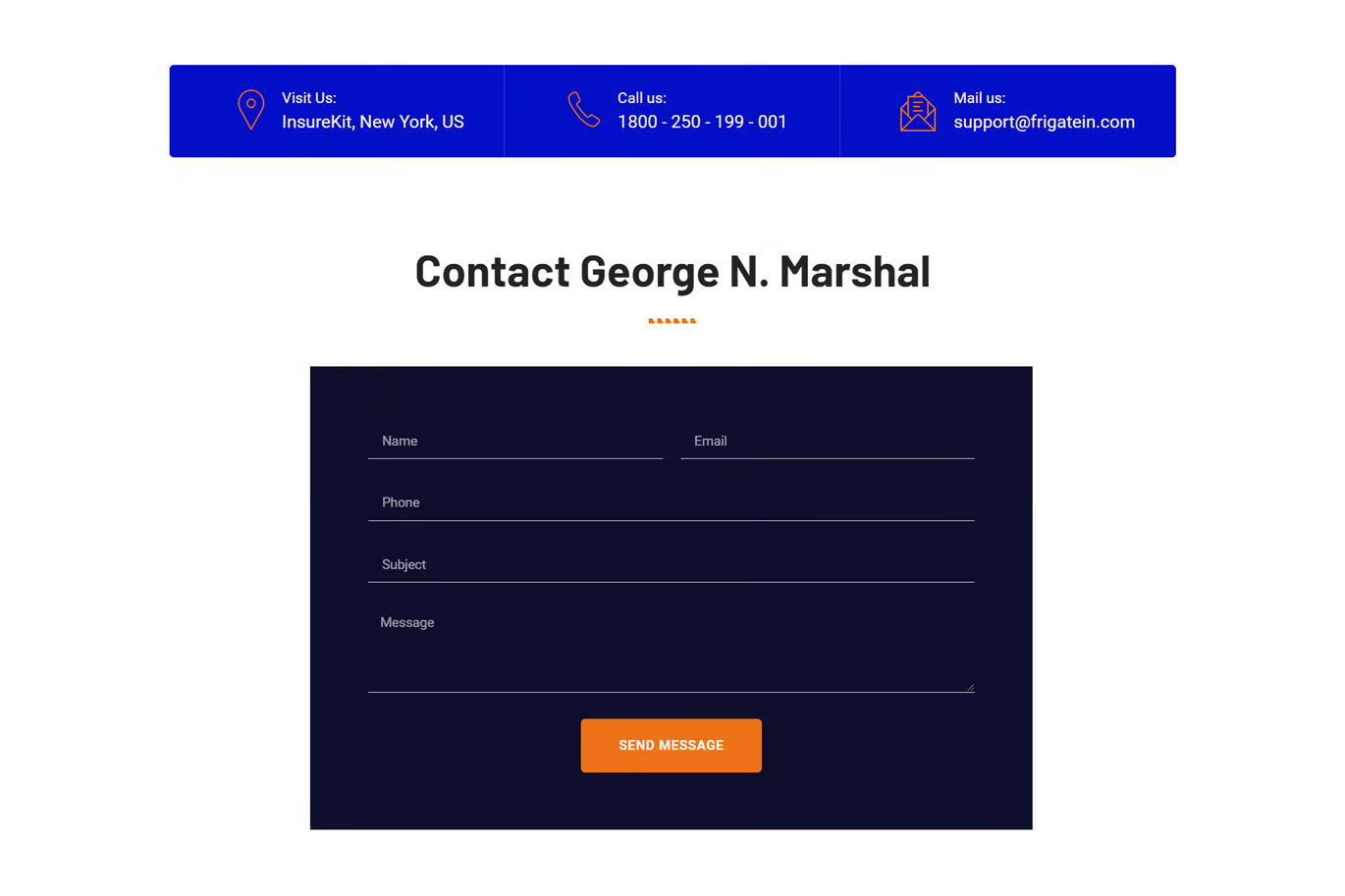






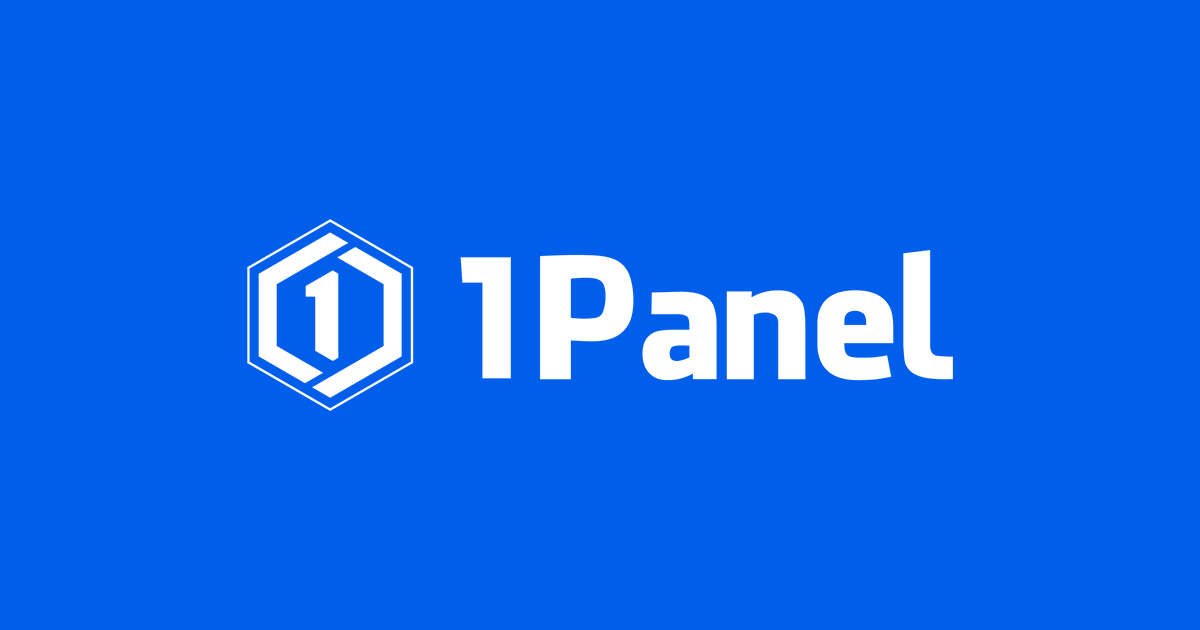
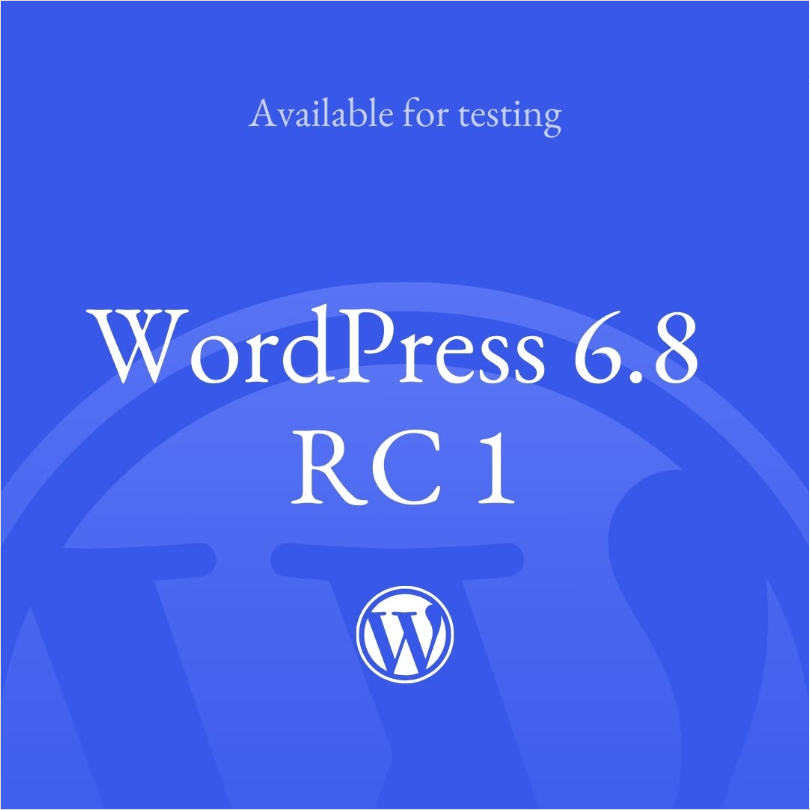

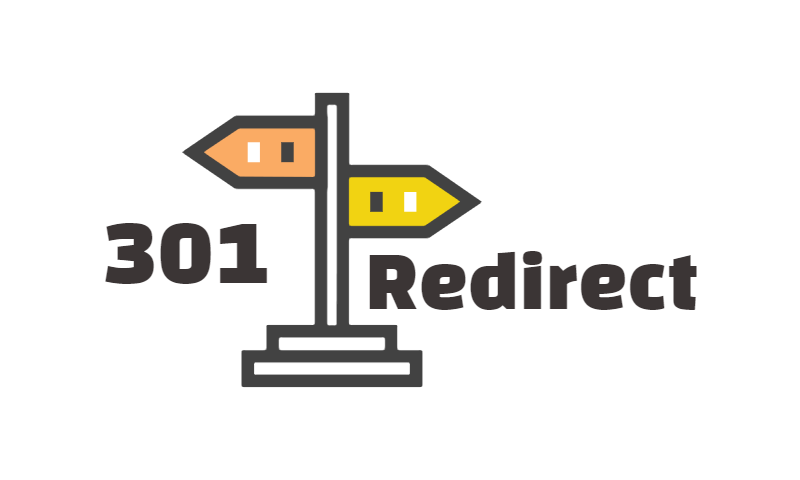


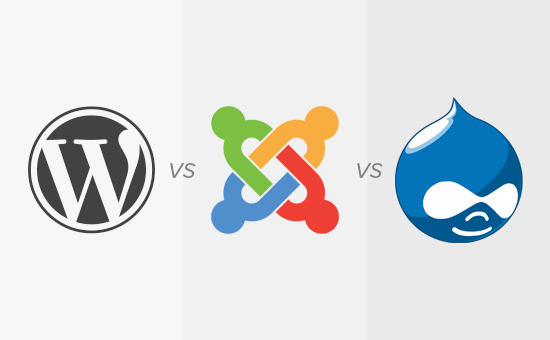





![Emoji[jingya]-Photonflux.com | Professional WordPress repair service, worldwide, rapid response](http://gqxi.cn/wp-content/themes/zibll/img/smilies/jingya.gif)






No comments